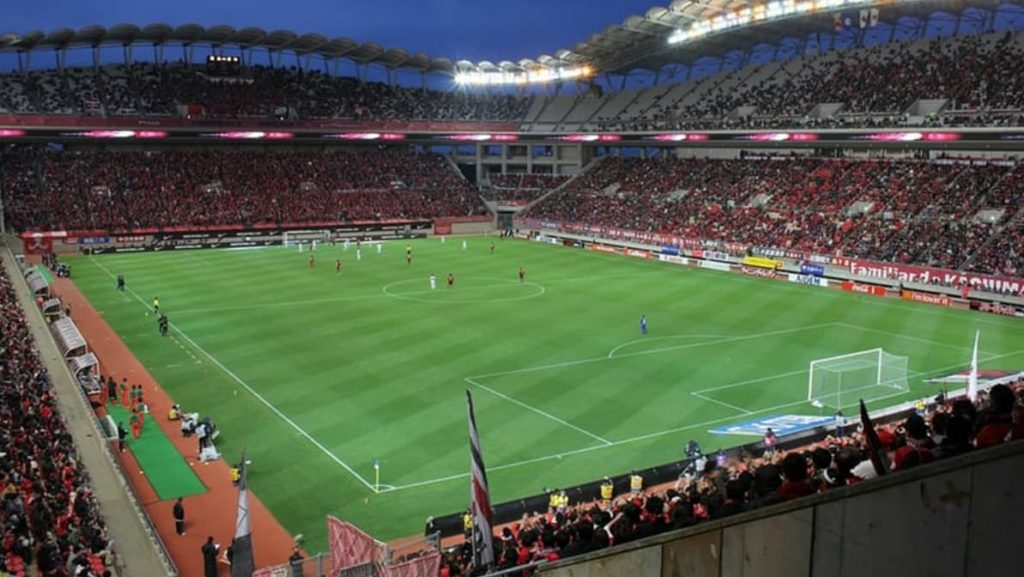Not every security guard company casts a wide net or is able to work with different industry partners. Before 2020, some security companies chose to focus on specific industries while others solely specialized their training and skills to target key industry contracts, such as those in healthcare, education, or even retail. If one lesson from 2020 became clear, it was the need for all industries to adapt and to use flexibility as the cornerstone of business growth and development.
For security guard companies that have adapted to the new normal, guard activity management at all levels required two KPIs for optimal measurement: guard tours and reporting. To effectively manage guard activities, supervisors use technology to track and monitor security guard, or officer, task completion and status. These tasks include but were not limited to: open reports and outstanding or incomplete guard tour checkpoints.
In expanding guard activity management across different industries, there are a few baseline considerations to acknowledge: shifts in guard training and market needs. While effective guard activity management will always involve the tracking and monitoring of your team’s guard tours and reporting processes, there are subtle nuances that can make or break a security guard company at any level, especially those wishing to expand into another industry.
Changes in Guard Training
Training is perhaps the single most essential component of a security guard company’s ability to provide optimal guard services. Reviewing what areas make up your training program, including those requirements set by your clients, is a task that should be done regularly. Not reviewing your training programs regularly opens your operations to inconsistencies, miscommunications, and ineffective processes that can be costly. For security companies working in industries such as healthcare, facility management, or hospitality, specialized knowledge can shift in a moment’s notice.
Guard training for security teams working in the healthcare industry, for example, drastically shifted in 2020 and many contracts held with corporate security managers required third party security guards to perform specialized COVID-19 pre-screening, such as temperature screening, monitoring personal protective equipment (PPE) usage and physical distancing, managing building occupancy, and controlling crowd surges.
As industry needs shifted and as different sectors adapted, the need for technology to uphold these changes became prevalent. Drew Levine, president of G4S Secure Solutions, emphasized the need for technologies to handle two types of training: video-on-demand training and live virtual training seminars. Both types of training capitalize on digital technologies and have been adapted to excel for remote use.
Changes in Market Needs
In 2020, we saw a shift in how security guard companies were forced to adapt from sector to sector, adjusting to the current needs and often supplementing guards to aid depleted security teams. In Robert Perry’s COVID-19 and the Contract Security Industry Report, future trends showed that security guards contracted with corporate security teams will continue to fill in-house security requests long after the pandemic has slowed down.
This opens the door to security guard companies interested in industry sectors that were once not financially feasible to join, in terms of contract availability, expanding a company’s speciality, or working to include state-specific training.
Taking the Next Step into New Industries
For security guard companies looking to take the next step into solidifying their growth into different industry sectors, there are a few areas where technology is a must — and where flexibility is key to gaining the most out of your efforts. Let’s briefly examine two industries: healthcare and facility management.
Healthcare
Whether it’s ensuring your guards follow proper procedures in case of an emergency, secure the premises and outdoor spaces, or respond to disruption among patients or staff, hospital security strongly relies on tools to help mitigate these risks and more.
Supervisors need to communicate with local law enforcement as well as other emergency services while also helping their guards maintain a safe and operable healthcare facility.
Let’s focus on one area: Centralized Visibility and Command.
Centralized visibility and command has been possible with late 2018-19’s biggest game changer in security — the Security Operations Center (aka “GSOC” or “Command Center”). Unlike companies whose one-hit-wonder only features “Critical Event Management (CEM)” software, a full Command Center manages not only critical events, but everyday incidents, guard activity and location tracking, specialized communications, and more — all in one system.
Abilities that are a must:
- Command Center (GSOC)
- Incident Reporting
- Training Modules Center
- Guard Tour Activity Tracking
Facility Management
From managing all site visitors and ensuring maintenance and janitorial jobs are completed as expected, security companies contracting with facilities require a balanced coordination between technology and a well-trained security team.
In-house security managers require excellent incident and daily activity reporting to ensure not only the well-being of facility upkeep during times of remote employment for some, but to ensure visitors accessing the grounds or using tools and assets owned by the facility are properly vetted. Let’s examine digital reporting.
Digital reporting allows for flexibility when updating procedures and process-handling. These procedures would already be established by the in-house security manager, so it’s essential that adequate reporting procedures start with proper training and standardization in all reporting requirements. This includes establishing what guards are to report and how, ensuring all evidentiary support is attached (such as photos, videos, and additional notes), and setting up procedures for supervisory follow-up.
Abilities that are a must:
- Lone Worker Protection
- Guard Tour Activity Tracking
- Incident and Daily Activity Reporting
- Training Modules Center
- Visitor Management
Adaptability and Flexibility: The Way Forward in Efficient Guard Activity Management
While 2020 clearly revealed how security companies have adapted to newly changing requirements, one thing became clear: the cornerstone of business growth and development are adaptability and flexibility.
To ensure processes are smooth and guard activity management is top-notch, it’s essential that security companies partner with technology that upholds their business needs and that allows for configuration, adaptability, and of course flexibility.



